
After being diagnosed with breast cancer, I wrote thank you letters to my oncology care team which, to my surprise, helped put me at ease.

After being diagnosed with breast cancer, I wrote thank you letters to my oncology care team which, to my surprise, helped put me at ease.
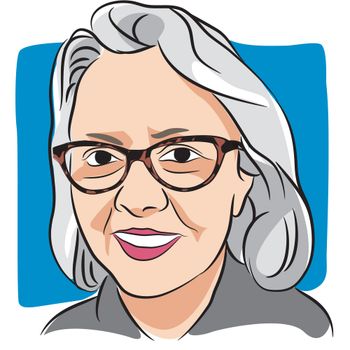
A routine can feel so comfortable that change is hard. So, when my annual mammogram and cancer checkup was delayed, I tried hard not to sweat the small stuff.
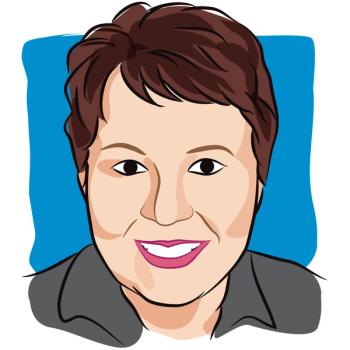
Thanksgiving can be a stressful time for those with cancer, but it doesn’t have to be. I learned that it can also be a time filled with love and joy.

As a recovering addict, I was nervous about the painkillers that would come alongside my cancer treatment, but I soon learned that they would be needed.
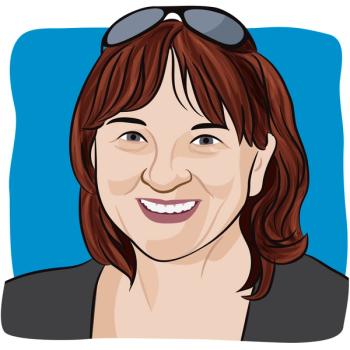
Think twice before telling me that there is a "good" type of cancer or that I should "just be lucky my daughter is still alive."
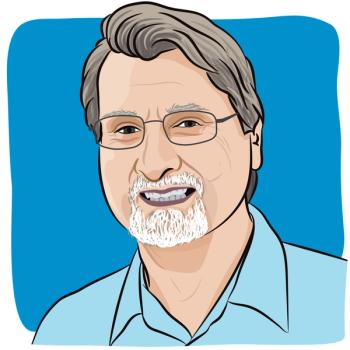
When my wife surprised me with a prostate cancer awareness T-shirt, I realized that those small gestures matter the most.
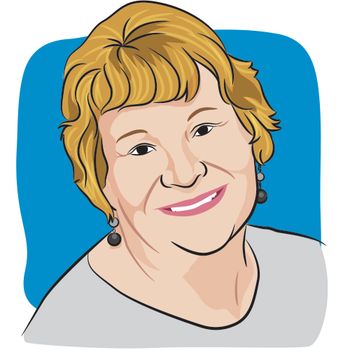
As a cancer survivor, I can relate to the lyrics of the Beatles’ song, “Let it Be.”

After being diagnosed with cancer 13 years ago, I began to wonder if my diet had anything to do with it — so I made some changes to eat better.
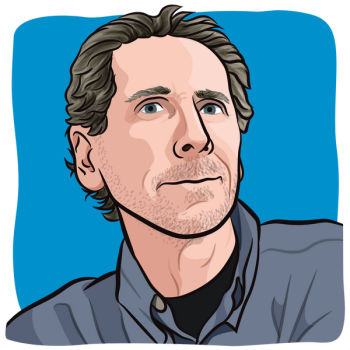
Being a creative, I learned to solve many of the problems that life threw my way. But being artistically gifted was worthless for dealing with the stark realities of my wife’s cancer.
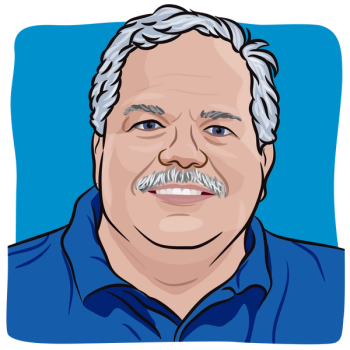
My family put off future plans because of my cancer, but now I’ve decided to take risks and do what we always hoped to accomplish.

On a recent hiking trip, I first felt too hot with my homemade prostheses, but then self-conscious when I took them off.
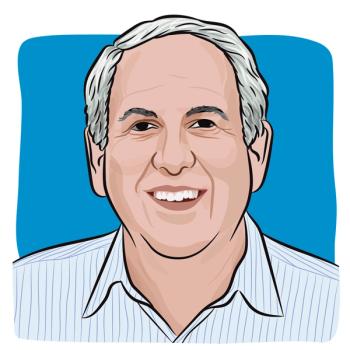
As a pancreatic cancer survivor, I realized how important it is to help others who are in the throes of their cancer experience.
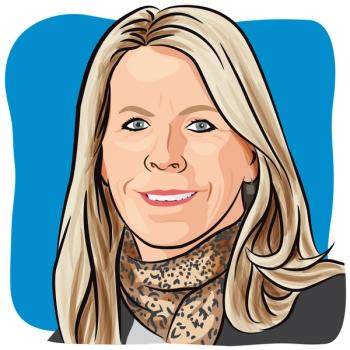
I have many things to be thankful for regarding my ovarian cancer: from my recent CT scan results to an excellent oncology team.
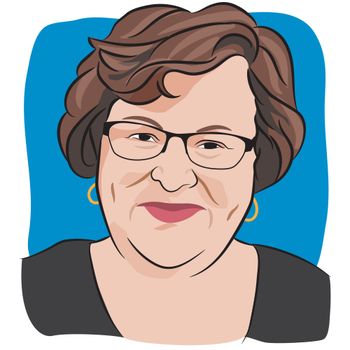
I once again find myself in the cancer gray zone after being diagnosed with pulmonary lung disease — will this lead to another cancer diagnosis?

“Was I OK with dying? Would I still be there for my dog? Can I still smoke?” — all these thoughts entered my mind when my oncologist told me that I had leukemia.
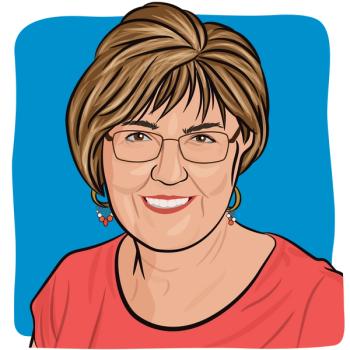
The thought of hosting family for a week in the middle of cancer treatment made me anxious, so I set a boundary — and felt much better after the fact.

Now that I consider myself as a prostate cancer veteran, I find joy in offering support to others who have fears about their disease and death.

I was recently making myself lunch when suddenly, I was hit by an unexpected flashback to my daughter’s breast cancer experience.
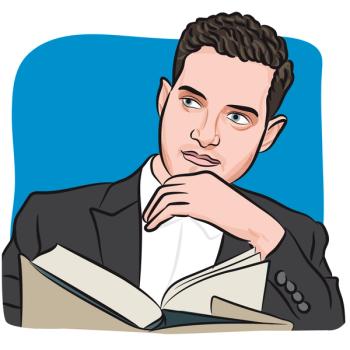
For years, many of my conversations have revolved around my cancer. Now that I’m in the survivorship phase, I’m trying to be more mindful of these interactions.
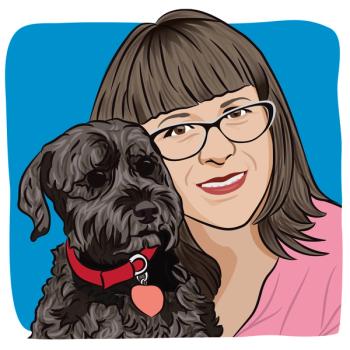
I had a wonderful time at a recent breast cancer walk, until I got home and found a bracelet with a raunchy saying on it in my survivor’s gift bag.
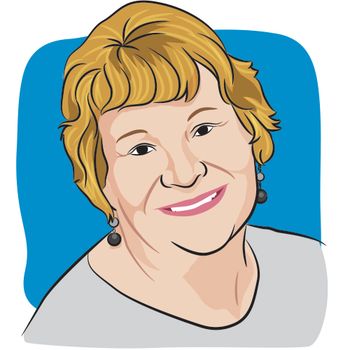
Cancer attacks your body and puts you in a very vulnerable position.
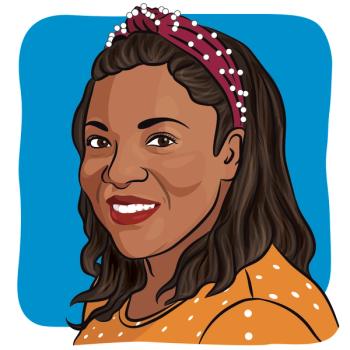
After being diagnosed with mesothelioma, I learned to advocate for myself, and realized that it was an incredibly important life skill to have.

Since I have stage 4 breast cancer, I wanted an oncologist affiliated with a research institution. However, I hated the prospect of frequent long drives for care. Luckily, I got the best of both worlds.

I made a point to continue baking a weekly challah bread after I was diagnosed with blood cancer, and it proved to be therapeutic.
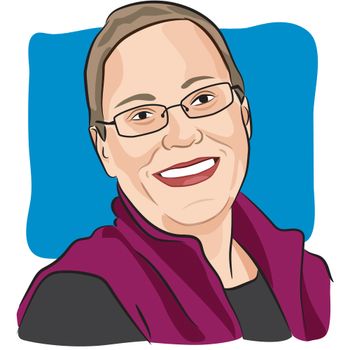
When people say. “It’s just $35 to see a specialist,” they miss the entire issue of cancer-related financial toxicity.

I know that cancer is not lighthearted but wanted to offer a fun Halloween drawing activity for those affected by the disease.
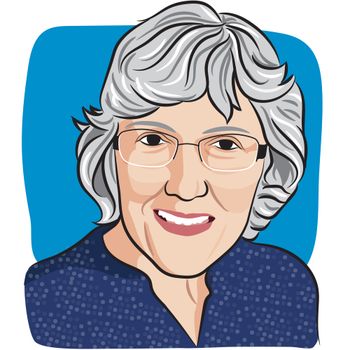
Researchers running clinical should be aware of how these new drugs affect our day-to-day lives — not just in the big ways, but also the small ones that take their toll over the long haul.

Brest cancer treatment was a scary experience, but thankfully a survivorship support group helped me heal.
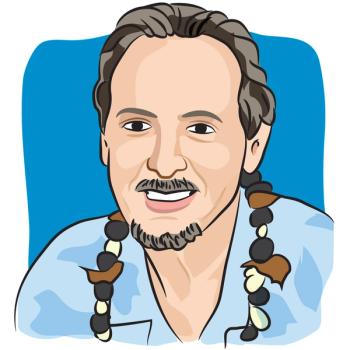
If I put all my energy into fighting breast cancer, I’d be bringing the disease into focus every day. Instead, I’m working on outsmarting cancer.

Walking on the American Tobacco Trail has become church-like to me, as I ponder life with cancer.